What have you always wanted to do outdoors? How have you always wanted to push yourself? There's a lot to be unsure of when picking up a new skill or otherwise trying something that stretches your boundaries outside. Not only do you need to learn and practice new skills, but you may also have to push past your own preconceptions of what may be safe and achievable.
I love spending time outside and in the backcountry by myself. In the past decade, I've grown increasingly comfortable with hiking solo in wild places, just as I've picked up other new skills, including kayaking, cross-country skiing, backcountry navigation, and Master Naturalist and Wilderness First Responder certification. In each case, there were several key principles that helped me push myself toward my outdoor adventure goals in a safe and sustainable way. These principles can help anyone ready to push themselves forward and try something new outside, whether one of the skills I picked up in recent years, or something else entirely, like rock climbing, mountain biking, downhill skiing, canyoneering, caving, etc.
Be Prepared
Do you have your ten essentials? Regardless of how you are choosing to prepare yourself, be aware of what you need with you—and recognize that, especially when trying a new skill or still learning, you may be out much longer than originally anticipated. If your hike or ride takes several hours longer than originally anticipated, for instance, will you still have enough water, calories, and gear? Keep in mind, too, that low blood sugar and dehydration are both multipliers of risk; that is, when you haven't taken good care of your body, you’re more likely to make mistakes that could lead to injuries. As a result, being prepared with the appropriate gear and the ten essentials is especially important when trying something new outside.
Go with Someone who Knows
Just like you wouldn’t try to drive a car in traffic without first riding with someone who taught you how to do it, trying any other (potentially dangerous) outdoor activity for the first time is always better and smoother when you go with someone with experience who can help you learn. This is especially true for activities like rock climbing, kayaking, and mountain biking, all of which are incredibly fun outdoor activities that also come with a fair amount of inherent risk. Enabling a buddy system of sorts helps you learn the proverbial and literal ropes with less stress, while also minimizing risk. As an added bonus, it’s also fun, and a great way to make new friends or strengthen preexisting relationships.
Take a Class
One way to ensure you're learning everything you need to know in a minimized risk environment is to take a class. Your local REI/outdoor store likely has classes, for instance, on navigation skills, as well as classes that cater to introductory mountain bikers and paddlers. A local climbing gym may offer classes that can help you get comfortable with your climbing gear on an indoor wall before trying outdoor routes. Call or stop by your local running shop for trail running gear; they’ll likely have a list of the best places for you to hit the trail, too. I also always recommend anyone spending ample time outside take at least a weekend Wilderness First Aid course.
Join a Group

Joining a group can help you develop a social network of friends and resources who can help you ease into your new sport. Many areas have local trail running groups, just as many river and water communities have paddling groups. Local trail networks may have a mountain biking club you can join. With a little bit of research, you can likely find social groups and related local events to help plug in and surround yourself with people who are likewise learning a new sport alongside experienced veterans. Volunteering at events is another great way to ease yourself into a new sport.
Ask Questions
When you're with others who are helping you learn your new skill or sport, don’t be afraid to ask questions. Similarly, if you don’t know something, there are books and online resources that can help change that. Outdoor research is not only fun, but it’s entirely worthwhile. Get to the know places in which you’re adventuring, and your adventures become better, safer, and more rich. I've grown much more comfortable hiking in wild places, for instance, as I've grown more comfortable in identifying scat, tracks, and other signs of wildlife; because I have a better sense of what might be in the area, I know what to expect, and what I need. I know what to do in the case of an encounter with an apex predator, just as I'm more comfortable using local landmarks and maps for backcountry navigation should I happen to get lost or lose the trail. These are examples of skills and knowledge I've developed by asking questions, of others, of the places I’m adventuring in, and of myself.
Know your Body
You're far more likely to get hurt if you overdo it, even if you do keep up calories and hydration and otherwise minimize risk. Some discomfort when learning new skills and trying new activities is okay, but recognize that most outdoor skills take time to master, and you’ll need to work up to it. The last thing you want to do when trying something new is injure yourself, so listen to what your body is trying to tell you, and ease off, when necessary.
Recognize when Something is Unsafe
Just because you might be with people who have more experience than you do, that doesn't necessarily mean that everything they do will be safe. Just because something has always been done a certain way doesn’t necessarily mean that it can’t be done differently, and in a way that better mitigates risk. For instance, alcohol is frequently a part of many outdoor cultures, including whitewater sports, mountain biking, and even trail running. That doesn't, however, mean that it's safe; it should be fairly obvious that as alcohol lowers motor control and reaction time, it makes anything done outside inherently less safe. Use your head, trust your guts, and ask questions to help determine whether or not an activity and/or event is being managed responsibly, and whether or not you want to participate as-is.
One Step at a Time

Learning a new outdoor skill and/or sport is a marathon, not a sprint. Trust yourself and let yourself get comfortable with one new skill before trying to add too much on to that skill. For instance, if you're a novice trail runner, get comfortable with shorter distances before moving up to longer runs. If you’re new to paddling, don’t drop your boat into tumultuous ocean or Class IV rapids. As you advance in difficulty and complication in any new activity (whether trail running, mountain biking, paddling, rock climbing, or something else entirely), those advances can be wonderful stepping stones to new adventures if you’ve done the work and put in the time to build the necessary foundation—or they can be remarkably unsafe and stressful if you don't already have the foundational skills and knowledge. Take it one step at a time, one day at a time.
Last but not least: Don’t forget rest days are important, too!
Narrator: This blog was thoughtfully written by Kerri Anne Stebbins. You can find her on Instagram @kerri_anne.

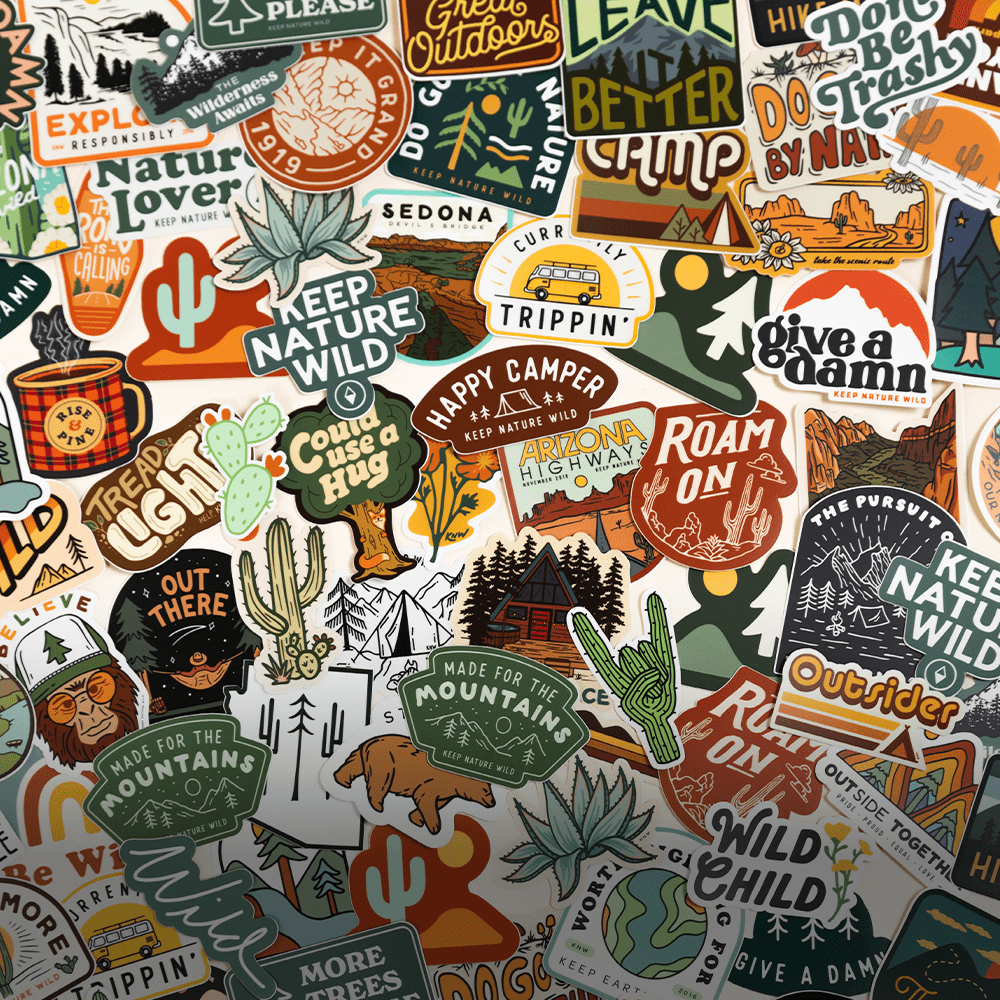
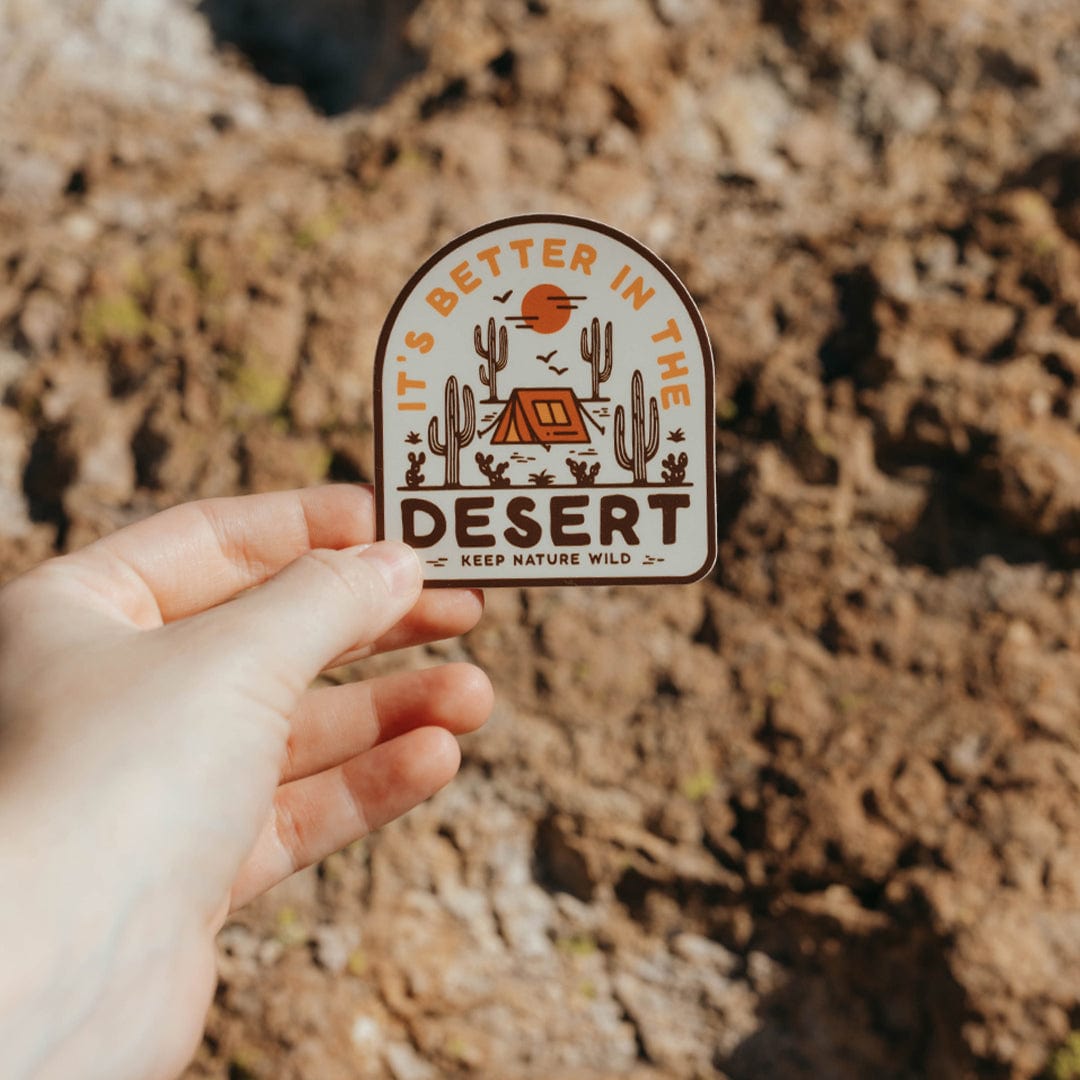
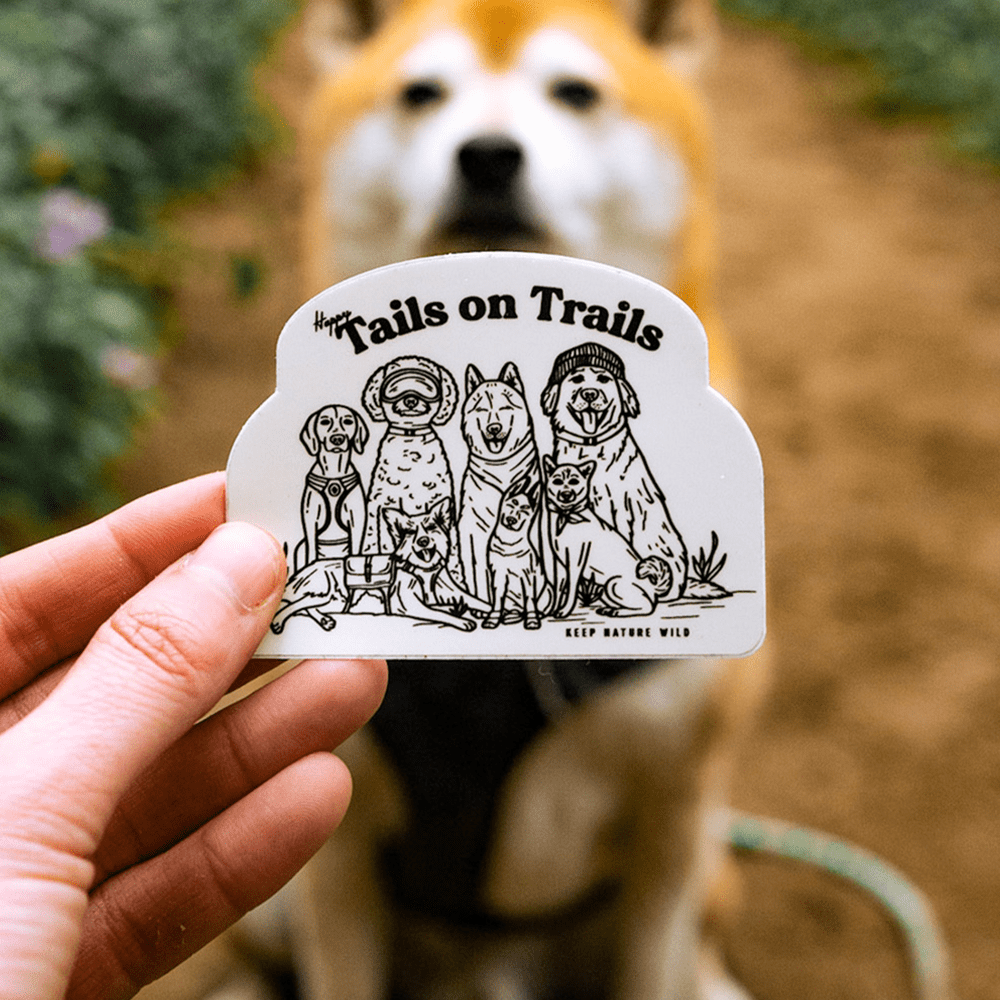
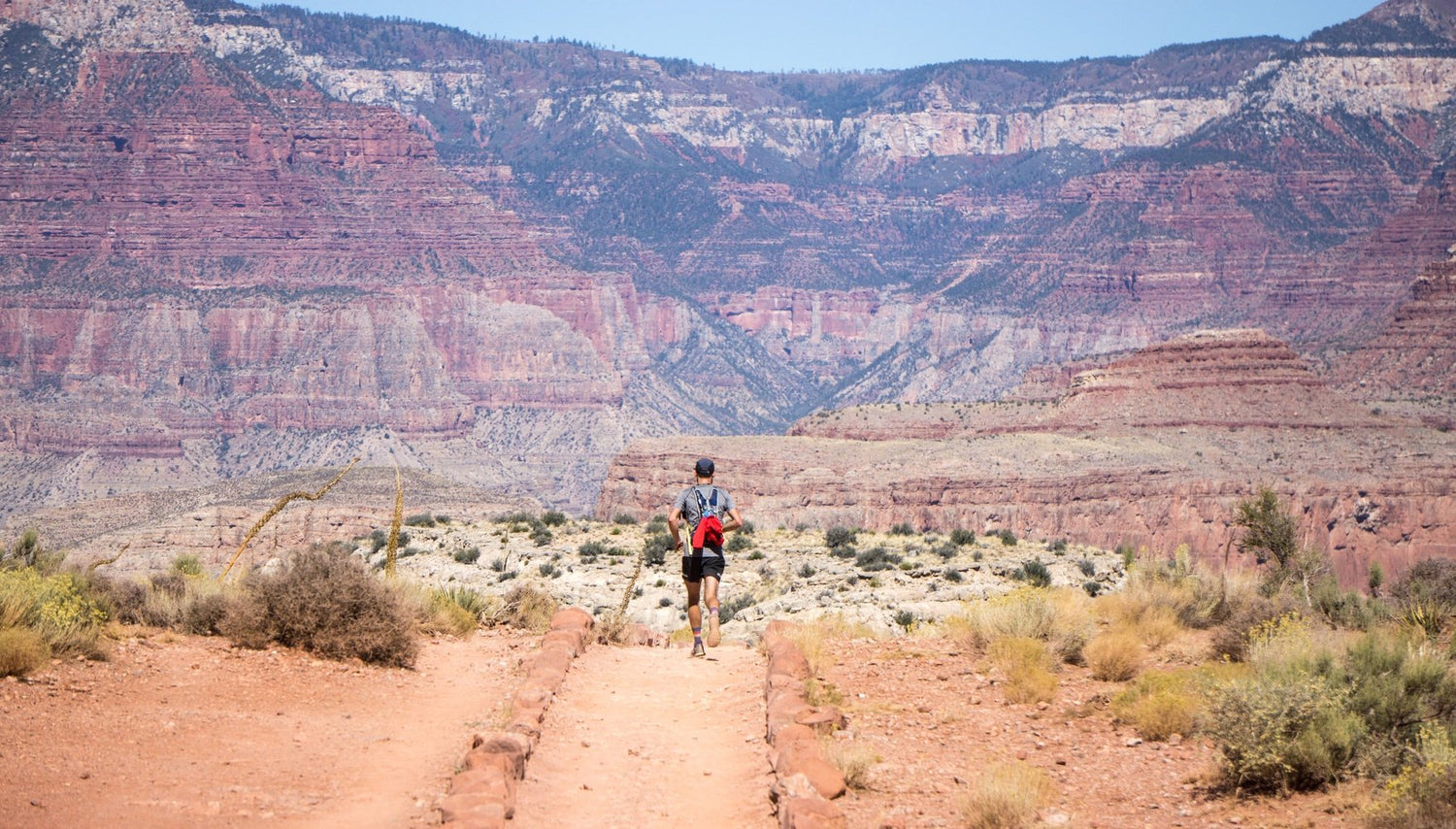

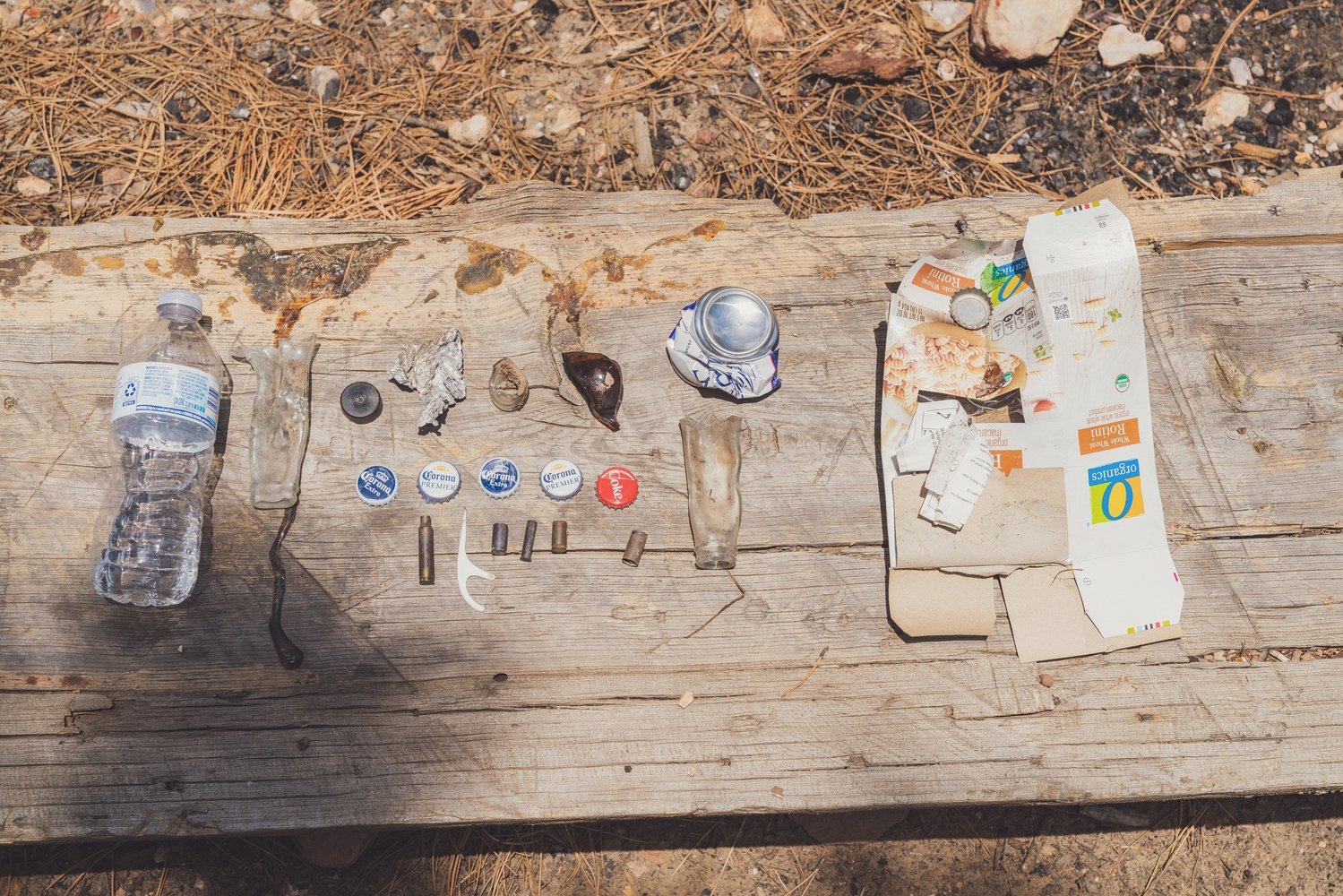
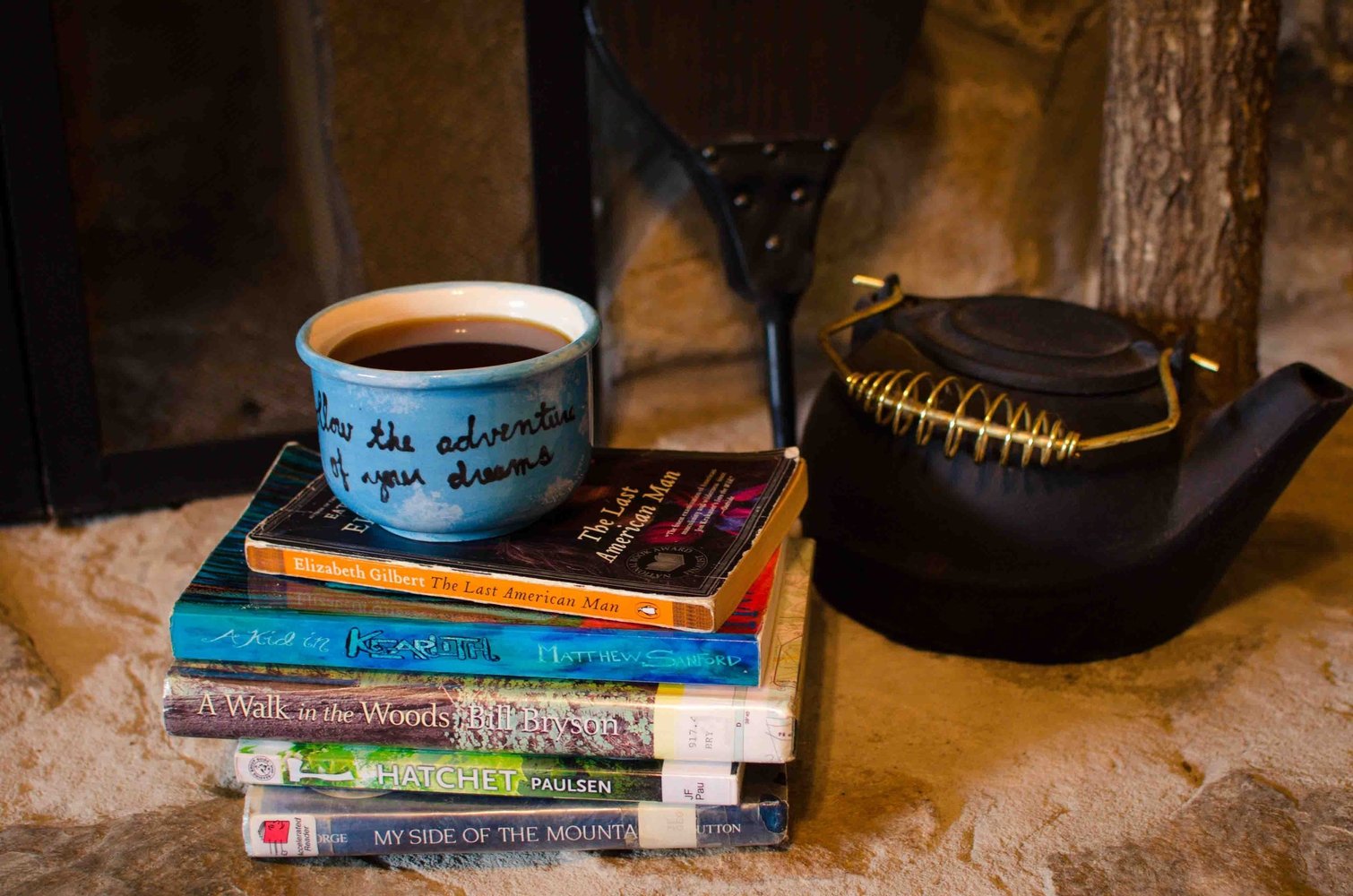
Leave a comment
All comments are moderated before being published.
This site is protected by hCaptcha and the hCaptcha Privacy Policy and Terms of Service apply.